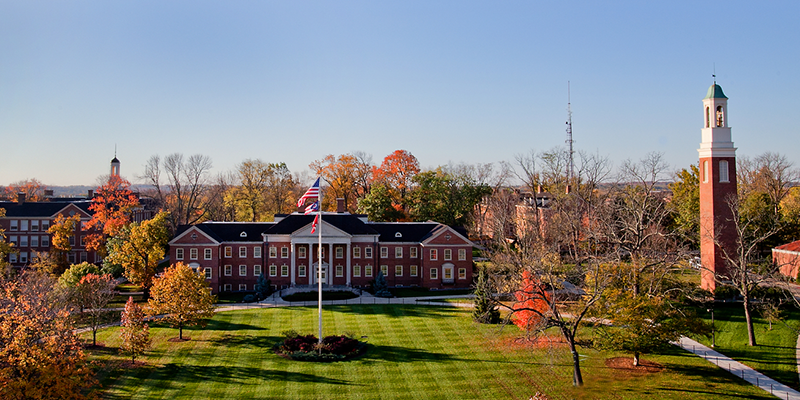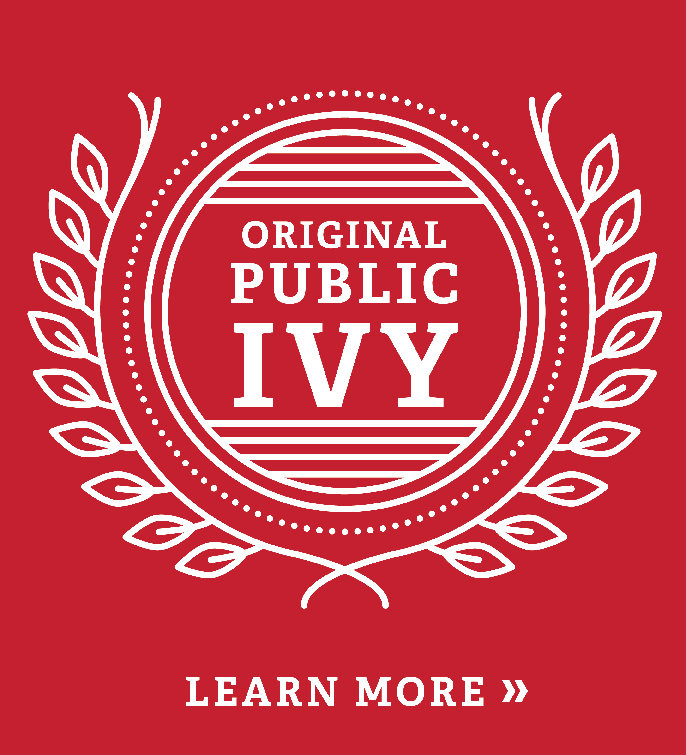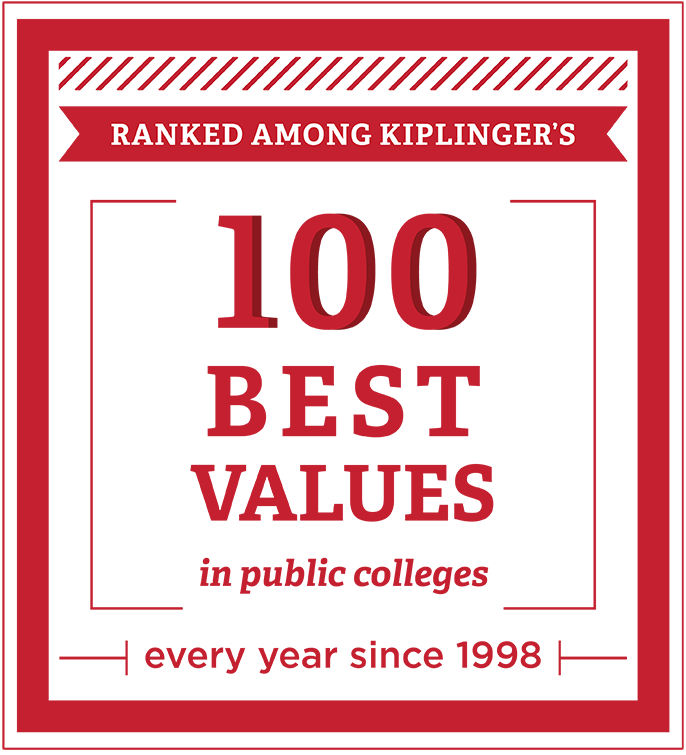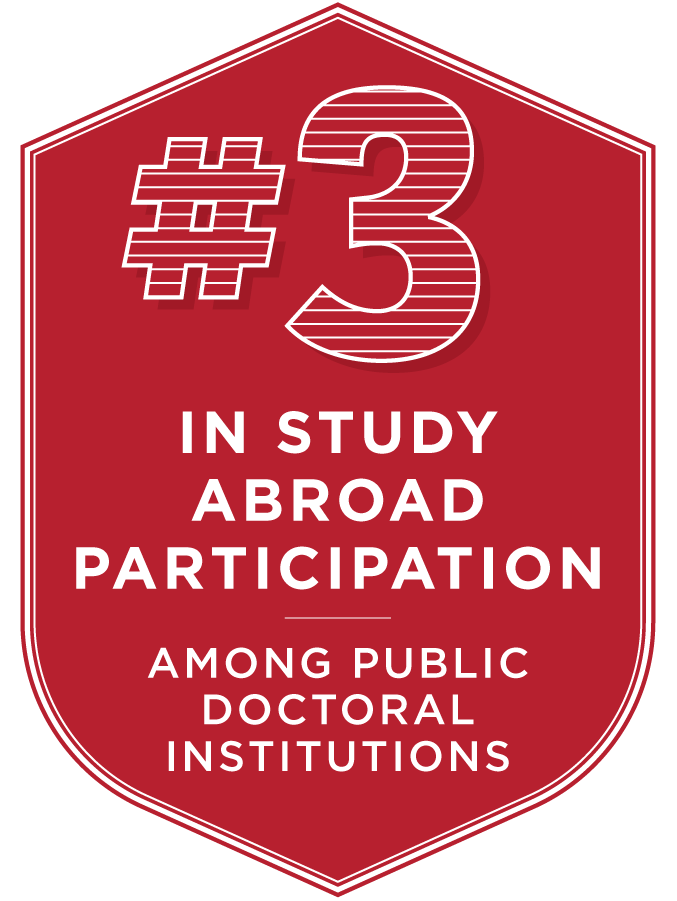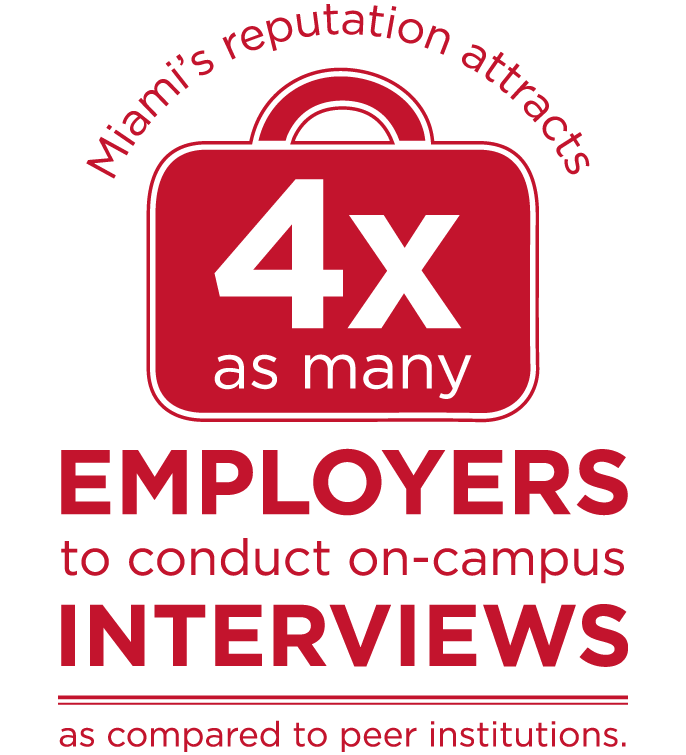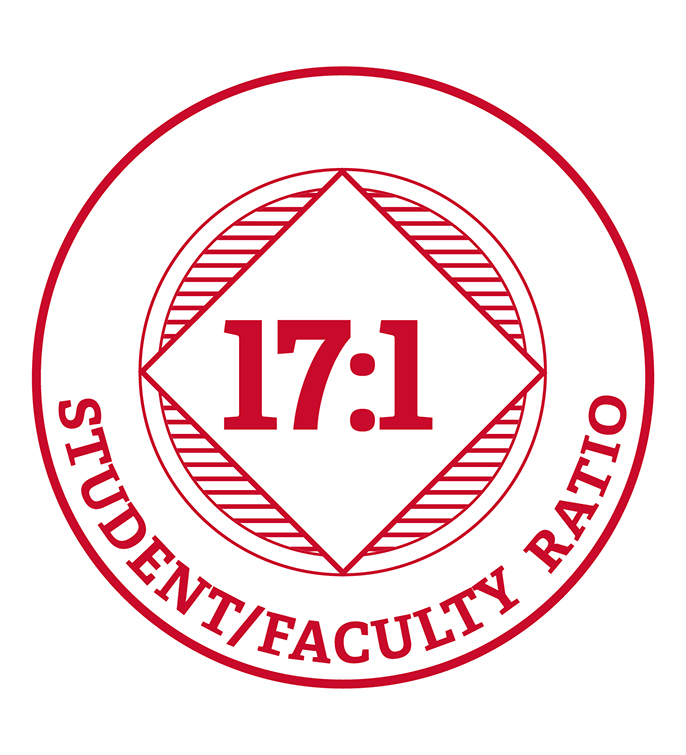Annual Address 2014
David C. Hodge
September 3, 2014
The emphasis on residential life is intended to create a “best-in-class” experience, and it is also designed to create “best-of-class” outcomes. As a nationally ranked, highly selective university Miami is challenged to continually improve our ability to produce truly extraordinary outcomes. Our mission statement provides a qualitative description of the outcomes we aspire to: “engaged citizens who use their knowledge and skills with integrity and compassion to improve the future of our global society,” graduates who possess “intellectual depth and curiosity, the importance of personal values as a measure of character, and a commitment to life-long learning.” These qualities should always inspire and motivate us.
Creating a vibrant learning and discovery environment is certainly key to being best in class, as is providing an energetic co-curricular life that develops skills and personal values.
Today, prospective students and their parents expect to see hard evidence of the level of student success we achieve. The most common quantitative measure of success for colleges and universities is the graduation rate. Miami ranks very high among public universities – but we aspire to be the very best! There is no single, simple solution. Rather, to increase graduation rates we need to improve through the adoption and coordination of many interconnected strategies. Recognizing this, I have appointed a Student Success Coordinating Committee, chaired by Vice President Michael Kabbaz, with the clear responsibility to encourage, connect, and integrate activities in both academic and student life that will increase student success.
One area of special concern to student success is advising. We are in the process of recasting our approach to advising to ensure that our students have a more seamless and effective advising experience. In addition to reorganizing responsibilities, we are adopting new technologies that will provide students with enhanced prospective capabilities to make better choices of classes and majors.
A second major area of challenge in the area of student success is to provide superior support for career development. Prospective students and their parents want to know not only the odds of graduating, but how competitive graduates are in either being employed or going further in their education. Last year, more than 91% of Miami graduates were either employed or in school by the fall of 2013. We need to increase this high level of achievement and ensure that our students are prepared to compete for the very best options.
Last spring I appointed an ad hoc committee chaired by Vice President Peter Natale to review the status of our efforts in career services throughout the University. The committee surveyed the wide range of activities on campus, looked elsewhere for best practices, and made several important recommendations relative to the office of Career Services and, most importantly, coordinating efforts across campus. Evaluating and implementing those recommendations is a priority for the coming year.
A highly significant element in career success is the mentoring that our students receive from faculty. Quite understandably, most faculty, focused on the intellectual development of our students, have historically not viewed career mentoring as a priority. But that is changing. The Humanities Center, for example, has become a leading advocate for using faculty expertise to help students become exposed to and think through career options. They also share the data, quite impressive data actually, as humanities graduates rate high nationally on career success. This builds on the exceptional Miami pre-law and pre-med centers that have extraordinary success in placing our students. I am excited to announce the opening of the new space for the Mallory-Wilson Pre-Med Center in Pearson Hall this coming Saturday. What a terrific experience this center provides for our students.

